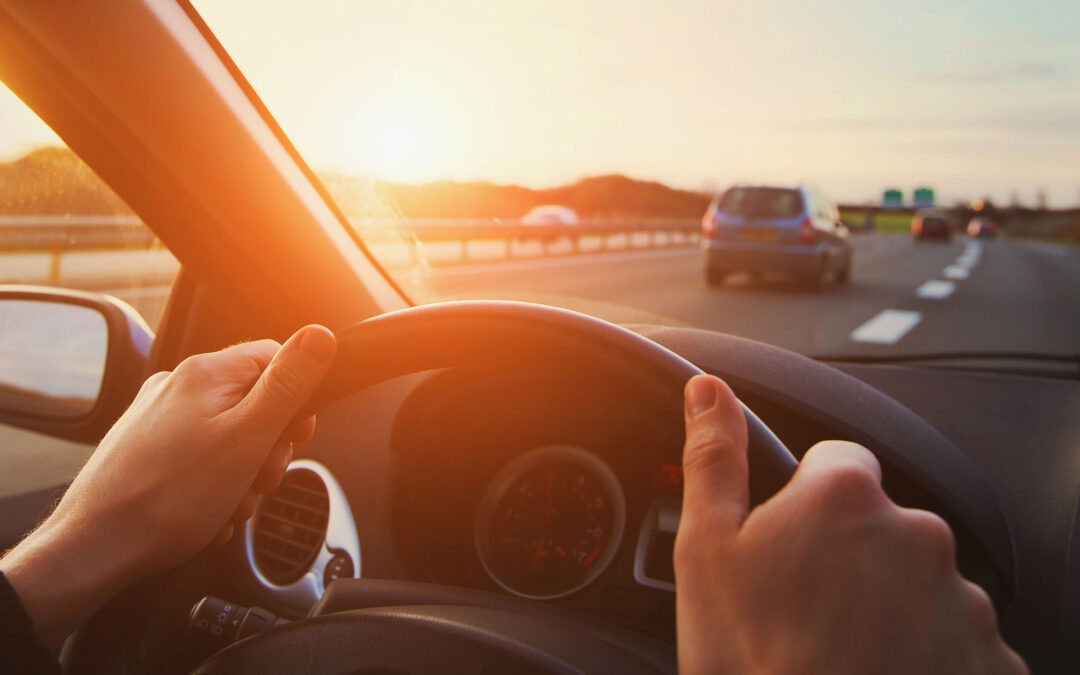A teenage perspective on a complex issue by Ben Haworth
Learning to drive has always been a sought-after rite of passage for many teenagers. For most teens, it is their first taste of real responsibility and freedom. However, driving comes with its own set of anxieties and issues that teenagers may not think about before they get behind the wheel. According to 2021 data from the National Highway Traffic and Safety Administration, a total of 2,608 teen drivers (15- to 18-year olds) were involved in collisions where someone died. The NHTSA also found that “19% of teen passenger vehicle drivers involved in fatal crashes in 2021 had alcohol in their system.”
Alcohol is a commonly used substance among teenagers. Unfortunately, teenagers do not yet possess the experience or decision-making skills when making the choice to get behind the wheel with an impaired driver. Peer pressure further impacts these choices, resulting in impaired teens driving friends to and from high school parties, where drinking often occurs. The influence of parents’ – modeled behavior and openly discussion – is crucial in guiding teens to use their best judgment in difficult situations that involve alcohol and other substances.
Despite the desire for freedom and pressure from peers to get their driver’s license, many teenagers these days are opting out of driving. According to statistics from The Federal Highway Administration, only 60 percent of American teenagers had a driver’s license in 2021. That’s a big jump from nearly 80 percent in 1983. As a seventeen-year-old who does not have a driver’s license and doesn’t plan on driving anytime soon, it made me wonder: why are so many teens not driving? Is it because we are anxious about the responsibilities of driving? Could it be the fact that teen drivers are more likely to engage in risky behaviors, like drunk or drugged driving, when riding with a peer compared to driving alone? I interviewed students at my high school to find out how they feel about impaired driving, how we can prevent it, and how to model good behavior within our peer groups.
The first group I interviewed had made the choice not to drive as a teenager. One friend said, “My friends will expect me to drive all the time. It’s too much pressure.” When I asked another friend about how he felt about getting in the car with an impaired driver I was surprised by the response. “If they seem okay then I’m not too worried about it. If it’s just a few miles, it will probably be fine.” The majority of my peers gave similar answers. As long as it seems like they’re okay, they’ll be a safe driver even after a few drinks. Unfortunately, just one drink can change the course of your life and others around you.
The second group I interviewed had been driving for at least six months. “If it’s just a drink, like one beer, I’m fine driving a short distance.” A few students refused to drink and drive and would never drive a friend if impaired. “It’s not worth it. Especially now when it’s so easy to get an Uber to and from a party.”
So how do we as teenagers stop the myth that one drink means it’s “okay” to drive a mile or two.? It begins with modeling good behavior from both peers and parents. Never get into a car with anyone that you know has been drinking or using drugs, even if it’s your best friend. Don’t be afraid to stand up against impaired driving. Teens look to parents for guidance, so parents need to practice safe driving as well. One way to connect with your teen is to take time teaching them to drive. Don’t rely only on an outside driving instructor. Parents have more influence than they realize. Eventually, I will learn how to drive. Until then, I will encourage others to make good choices and never get in the car with an impaired driver.
Ben Haworth is a junior in high school and has been a Mothers Against Drunk Driving (MADD) Teen Influencer since 2021. He is a competitive rower, a CA state Ambassador for the Best Buddies Organization, and loves history. The Wellness & Prevention Center and Coalition Partners with MADD to bring underage drinking and impaired driving prevention to teens in San Clemente.

